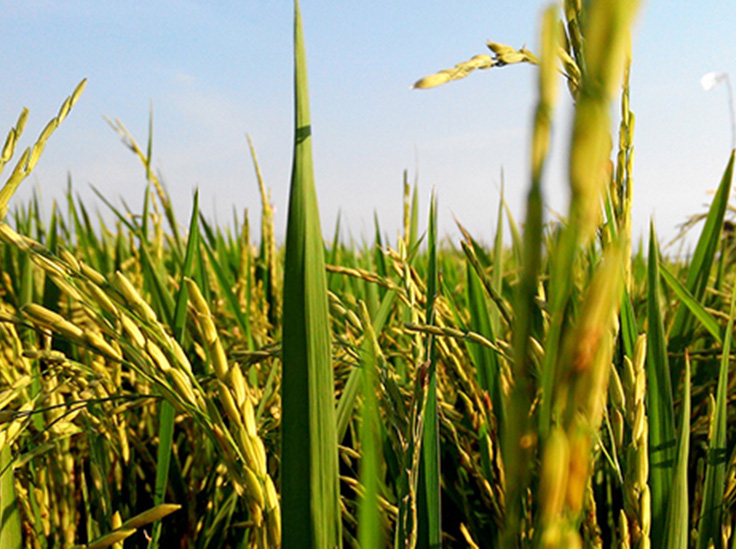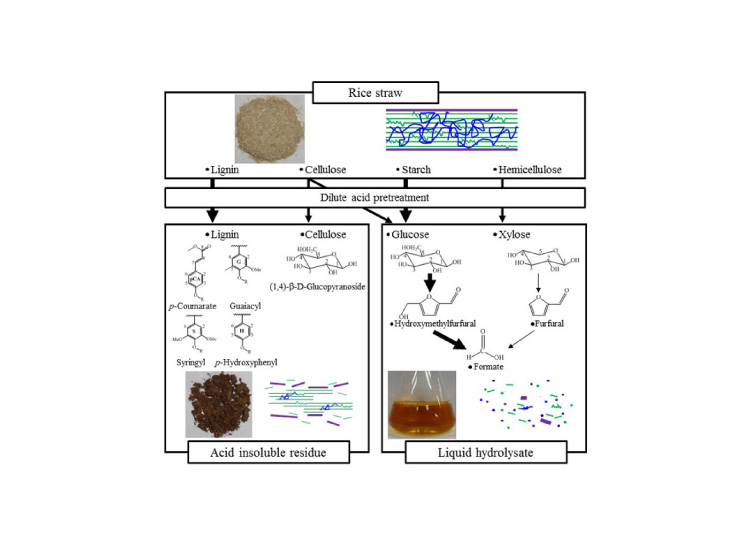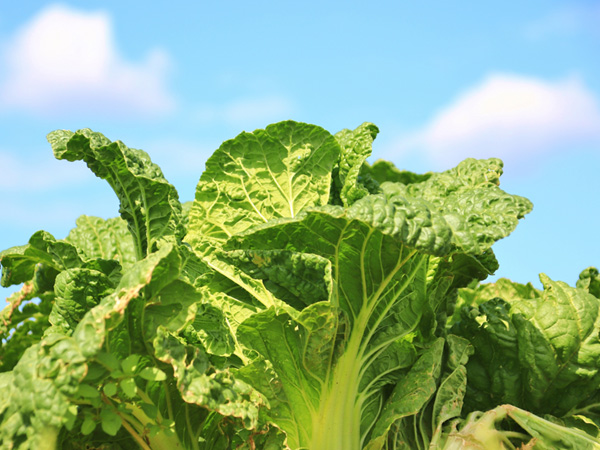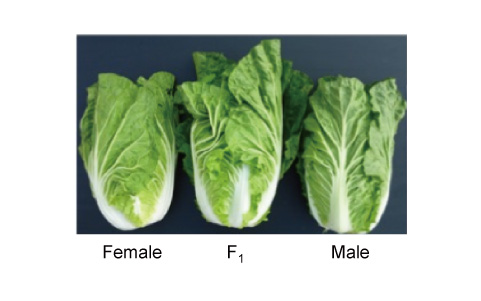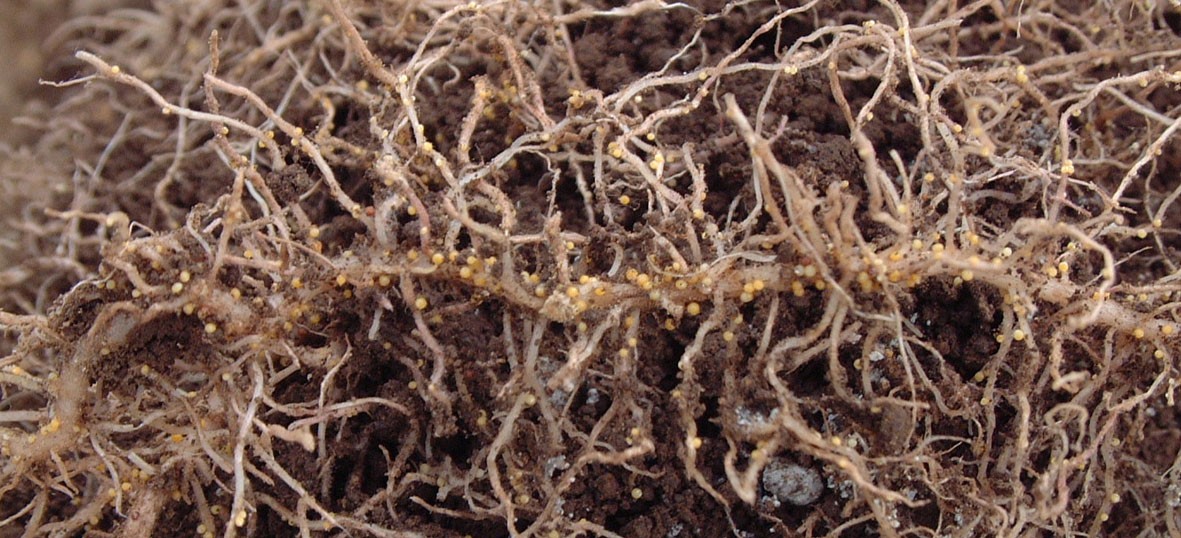South and Southeast Asia see frequent floods during the rainy seasons, and rice plants must adapt to survive. A Japanese research team has identified a key gene in “deepwater rice” varieties that enables them to survive lengthy floods by rapidly increasing their height. The team also shed light on its molecular function and evolutionary origins.
These findings could lead to the development of new rice plant varieties that can survive in continuous flood conditions. They could also help to create a technology that can artificially regulate the height of rice plants in response to their environment.
The research team was led by Assistant Professor Takeshi Kuroha (Tohoku University) and Professor Motoyuki Ashikari (Nagoya University). This was an international joint research project with members from Cornell University, RIKEN, Japan’s National Agriculture and Food Research Organization, Japan’s National Institute of Advanced Industrial Science and Technology (AIST), Saitama University, the University of Tokyo, Kobe University, and Kyushu University.
Associate Professor Masanori Yamasaki of the Food Resources Education and Research Center, Graduate School of Agricultural Science, Kobe University contributed to this research through a genome-wide association study (GWAS). He has also studied the identified gene in detail.
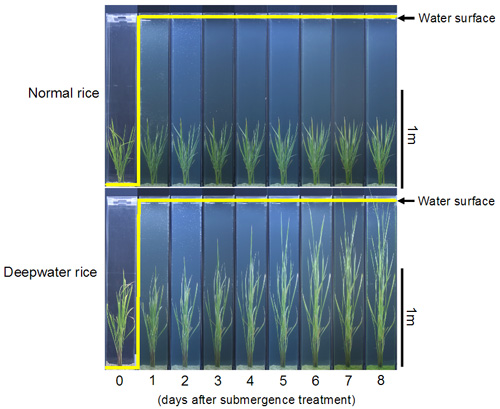
(image provided by Nagoya University)
The findings were published on July 13 (03:00 Japan Standard Time) in the online edition of Science.
- Please click here for details: Tohoku University Press Release
Journal information
- Title
- “Ethylene-Gibberellin Signaling Underlies Adaptation of Rice to Periodic Flooding”
- DOI
- 10.1126/science.aat1577
- Authors
- Takeshi Kuroha, Keisuke Nagai, Rico Gamuyao, Diane R. Wang, Tomoyuki Furuta, Masanari Nakamori, Takuya Kitaoka, Keita Adachi, Anzu Minami, Yoshinao Mori, Kiyoshi Mashiguchi, Yoshiya Seto, Shinjiro Yamaguchi, Mikiko Kojima, Hitoshi Sakakibara, Jianzhong Wu, Kaworu Ebana, Nobutaka Mitsuda, Masaru Ohme-Takagi, Shuichi Yanagisawa, Masanori Yamasaki, Ryusuke Yokoyama, Kazuhiko Nishitani, Toshihiro Mochizuki, Gen Tamiya, Susan R. McCouch, and Motoyuki Ashikari
- Journal
- Science





